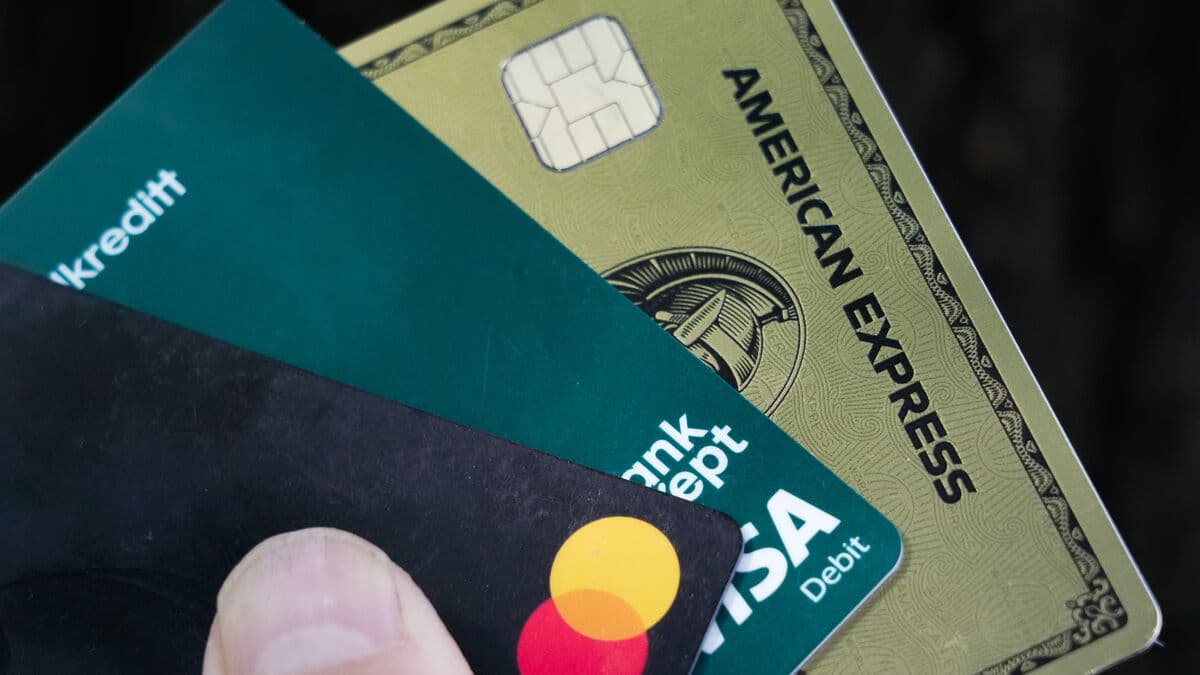"A milestone in our intensified work to strengthen preparedness”, says Governor of the Swedish Central Bank Erik Thedéen in a press release.
Secure access to essential goods
The possibility of paying during disruptions in data communication initially only applies to physical debit and credit cards with a PIN code – and the right type of chip. A basic rule will be that the cardholder must have turned 18 years old, according to Maria Lundström, head of the preparedness unit at the Swedish Central Bank.
The purpose is to secure households' access to essential goods when the network is down: medicine, food and fuel. But there will be no barriers or alarms in the stores' cash registers if you put something else in the shopping cart.
The scope that we have assessed concerns essential goods such as food, medicine and fuel for a week. If you buy other things, you will have problems covering the basic needs. That responsibility lies with the individual, says Lundström.
The need for other preparedness – such as cash, food storage and water at home – will remain even when the possibility of paying offline has been introduced, according to the Swedish Central Bank. And if it is the electricity that is shut down – locally or nationally – it may mean that the cards cannot be used.
The credit of 4,000 kronor will apply per card. Two adults in a family can, with their own card, get a twice as large crisis fund on their cards.
It is ultimately the card issuer that assesses which customers should have such a card, says Lundström.
No extensive costs
No major costs for card networks, card companies and merchants to introduce offline payments with cards are expected, according to the Swedish Central Bank.
Given that it is based on existing technology to a large extent, we do not see that it will create any extensive costs, says Lundström.
She adds that the costs may vary and that in some cases, recoding or replacement of cards may be required for the system to work.
The risks of credit losses due to offline purchases shall, according to the agreement, be handled by the card issuer.
The Swedish Central Bank will continue the work to enable offline payments also for other payment methods – such as Swish or with cards in mobile phones.






